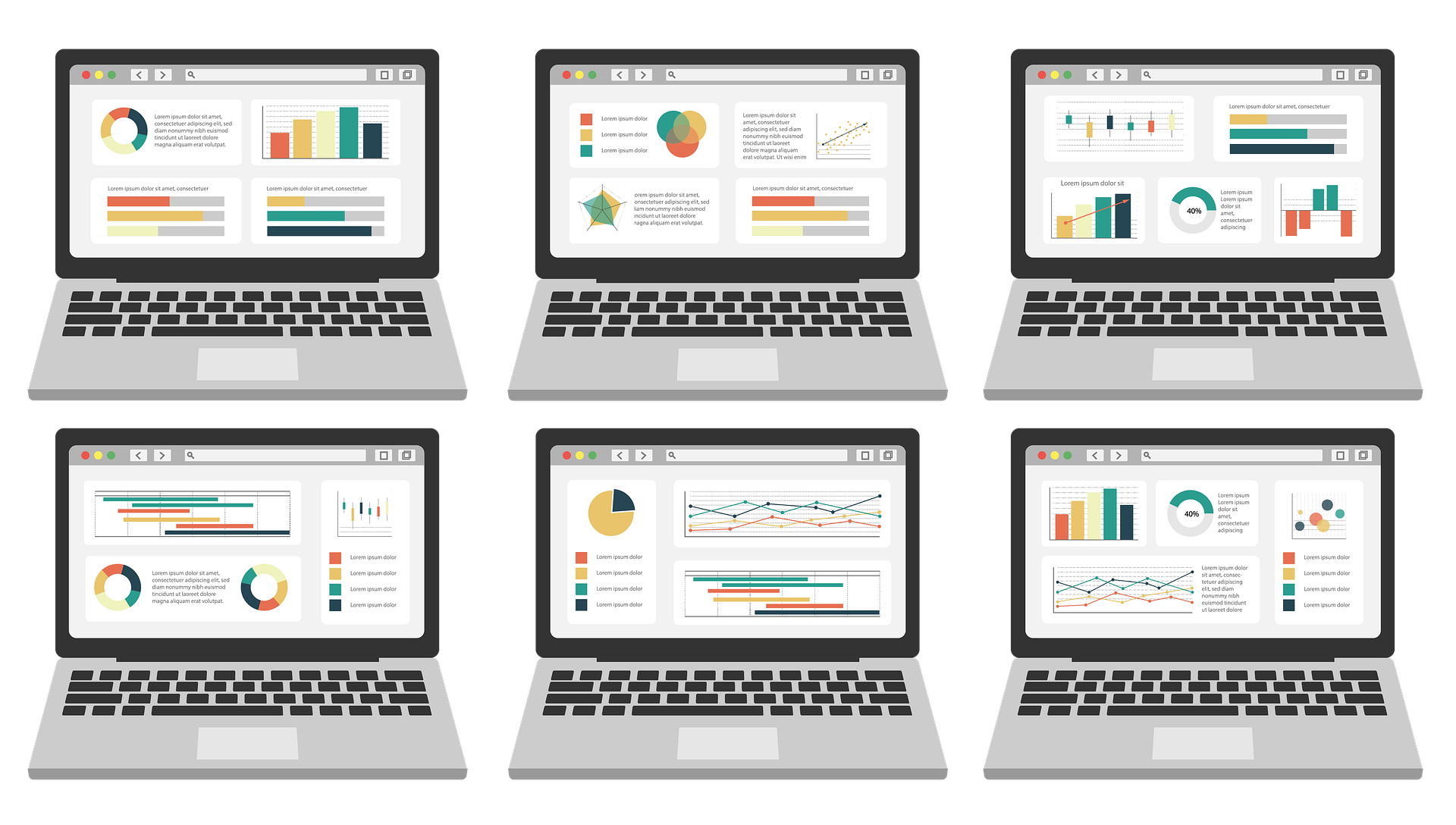Tracking Your Metrics to Understand Your Results

Entrepreneurs start businesses for a variety of reasons. They want to be their own boss, control their own schedule, and create the ideal workspace. They want to pursue a passion and feel more alive. They want to make more money and create job security.
Successful entrepreneurs start out with their own ideas for how things should be, but it usually doesn’t take long before they realize they’ll need input from others. Business has always been a partnership between the company and the customer. Not only do you want sales from your customers, but you also want their loyalty and referrals. The best way to achieve this is to acquire and analyze data pertaining to your customers’ interactions with your company and its products and services.
No doubt you have heard from numerous sources that making goals are essential for your company’s success. If you are going to take the time to gather data, the only way to interpret it is to know what you are working towards. Key Performance Indicators (KPIs) are ways to measure your progress towards certain goals. Small businesses can use software to track their KPIs and other metrics, but it can be hard to know exactly what you should track and how to use this information. There are courses available (Alison has a free online one) to help you understand the challenges and importance of KPIs.
Let’s suppose you are looking at your numbers. What intel can you gather? Revenue per sale is valuable information, because you can potentially do something about it like encourage your customers to bundle purchases. Customer satisfaction can be gauged with net promoter scores in surveys. This is a great way to see if improvement can be made in this arena. A visitor-to-signup rate can let you know if you are turning visitors to your website into customers, yet another helpful metric.
An important thing to bear in mind is that it is very easy to accumulate data that is not very useful. Take your social media accounts, for instance. It can be impressive to tell others that you have 40 thousand followers. But what does that number mean for your company? How many of these followers have spent money on your product? Did you have any real control over the people following you, or did you just happen to have a celebrity share one of your posts? Unless you can translate those numbers into dollar signs, it isn’t beneficial.
Being your own boss can be very rewarding. But the best way to see actual rewards is to get insights into how your business is doing. Metrics are proven tools you should embrace to stay ahead of your competition and meet your company’s objectives.